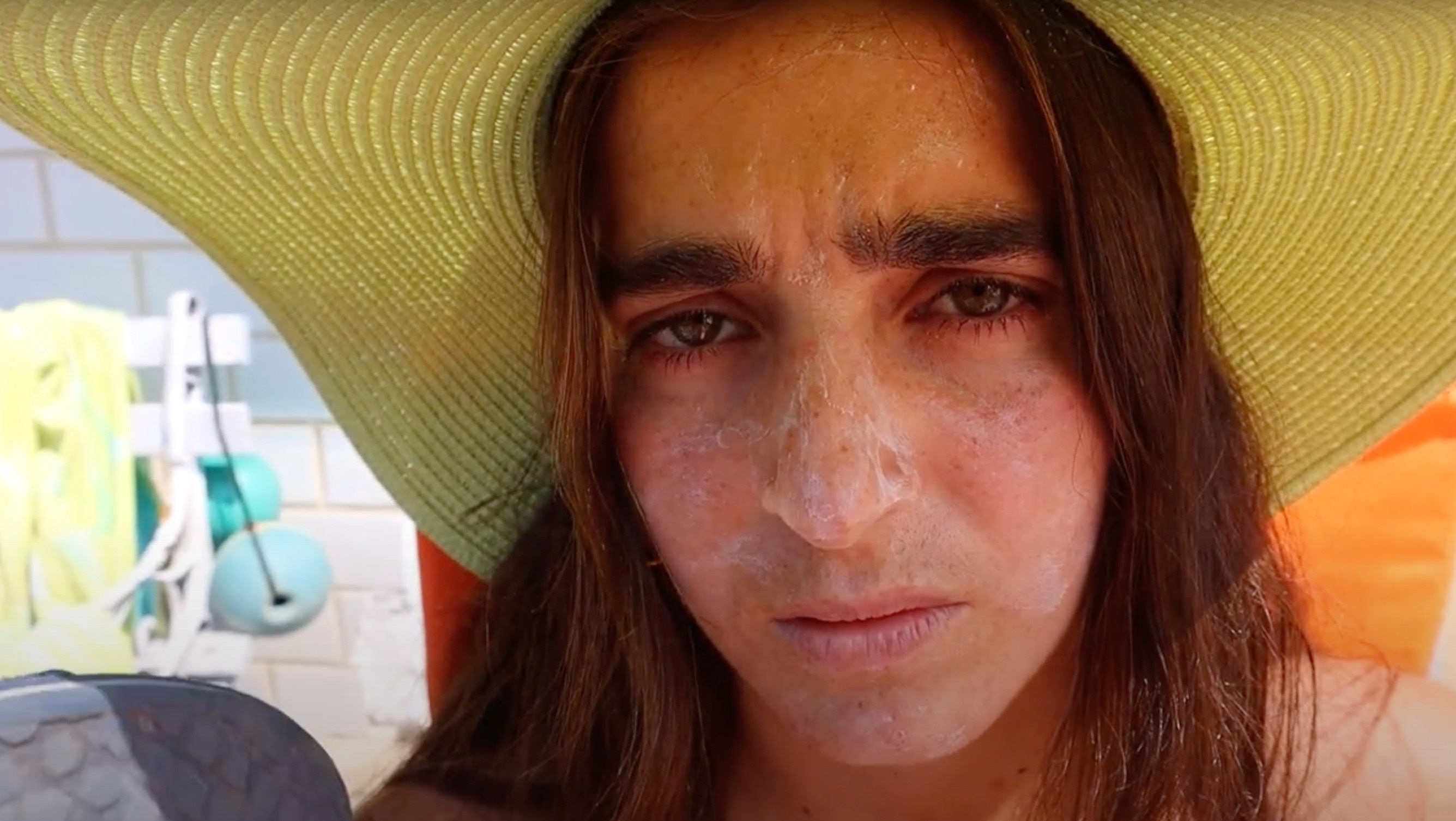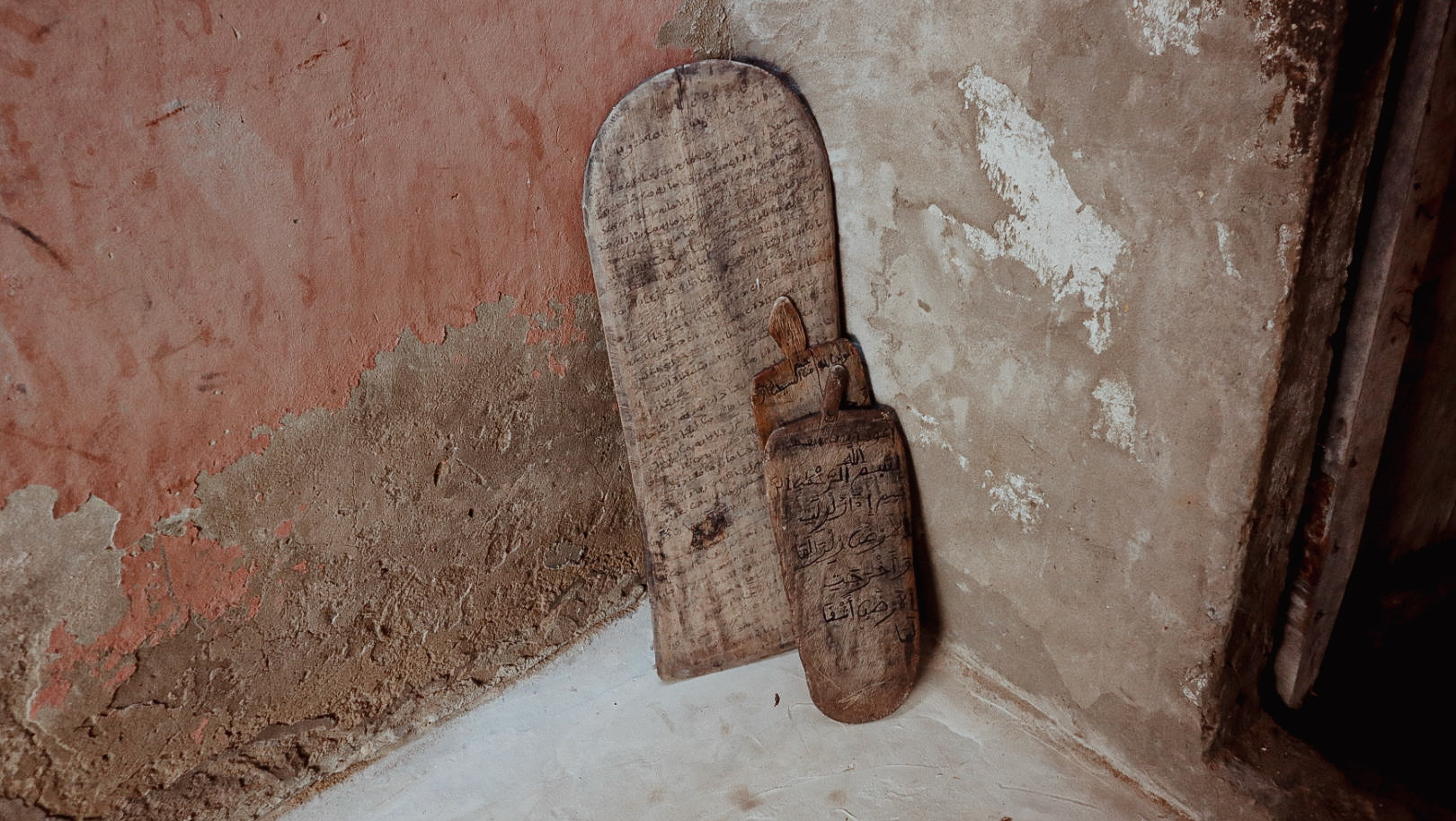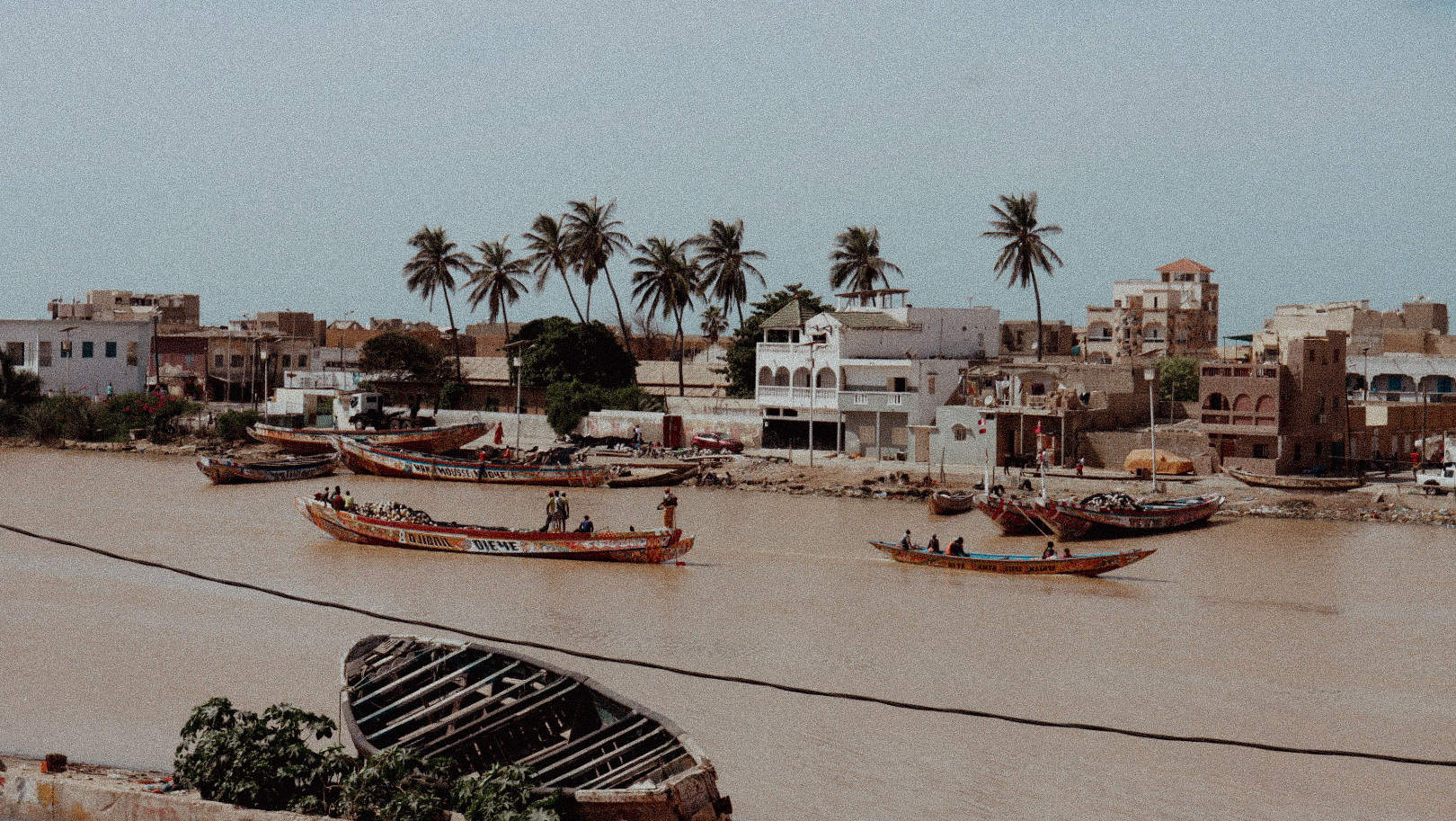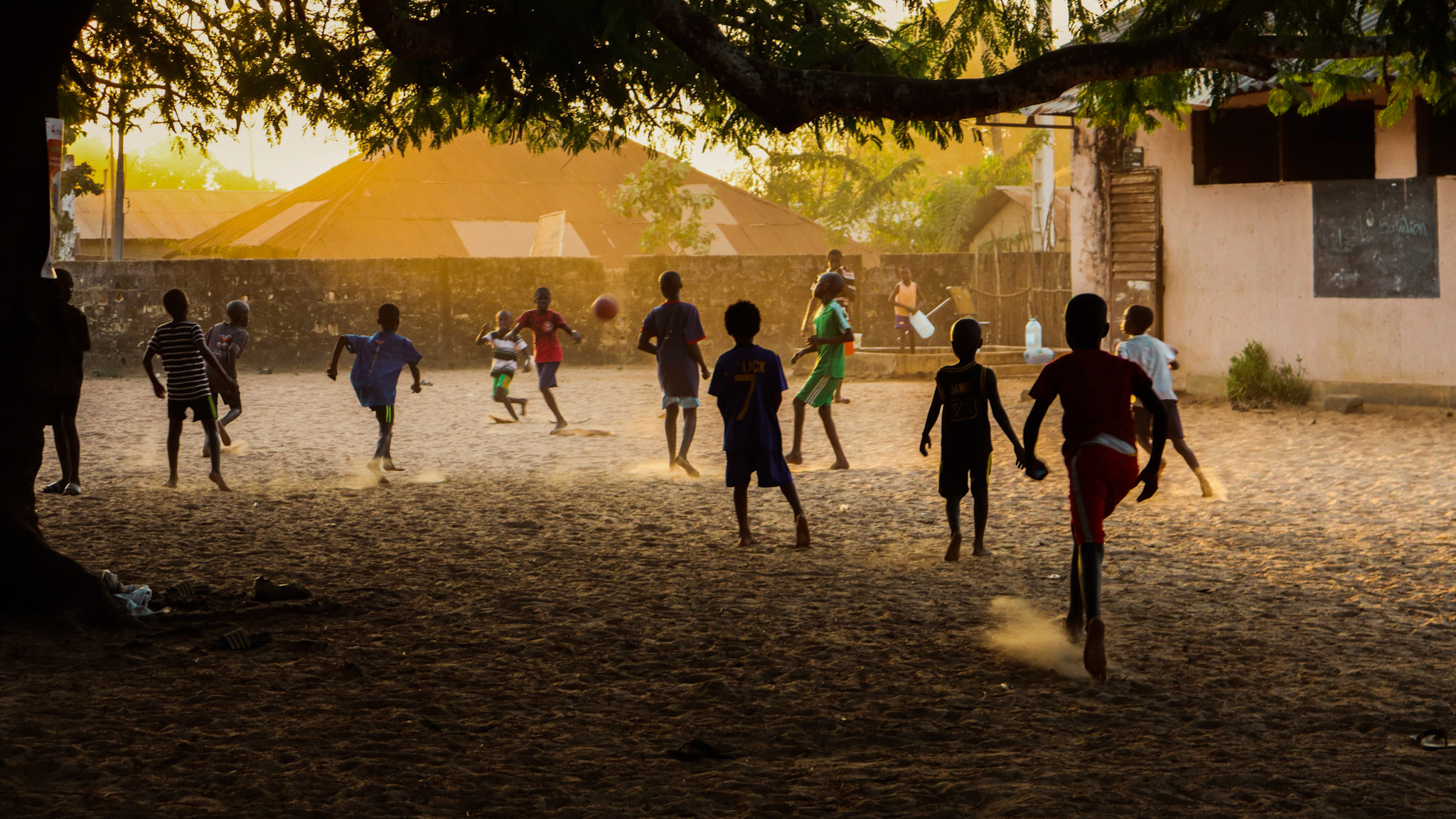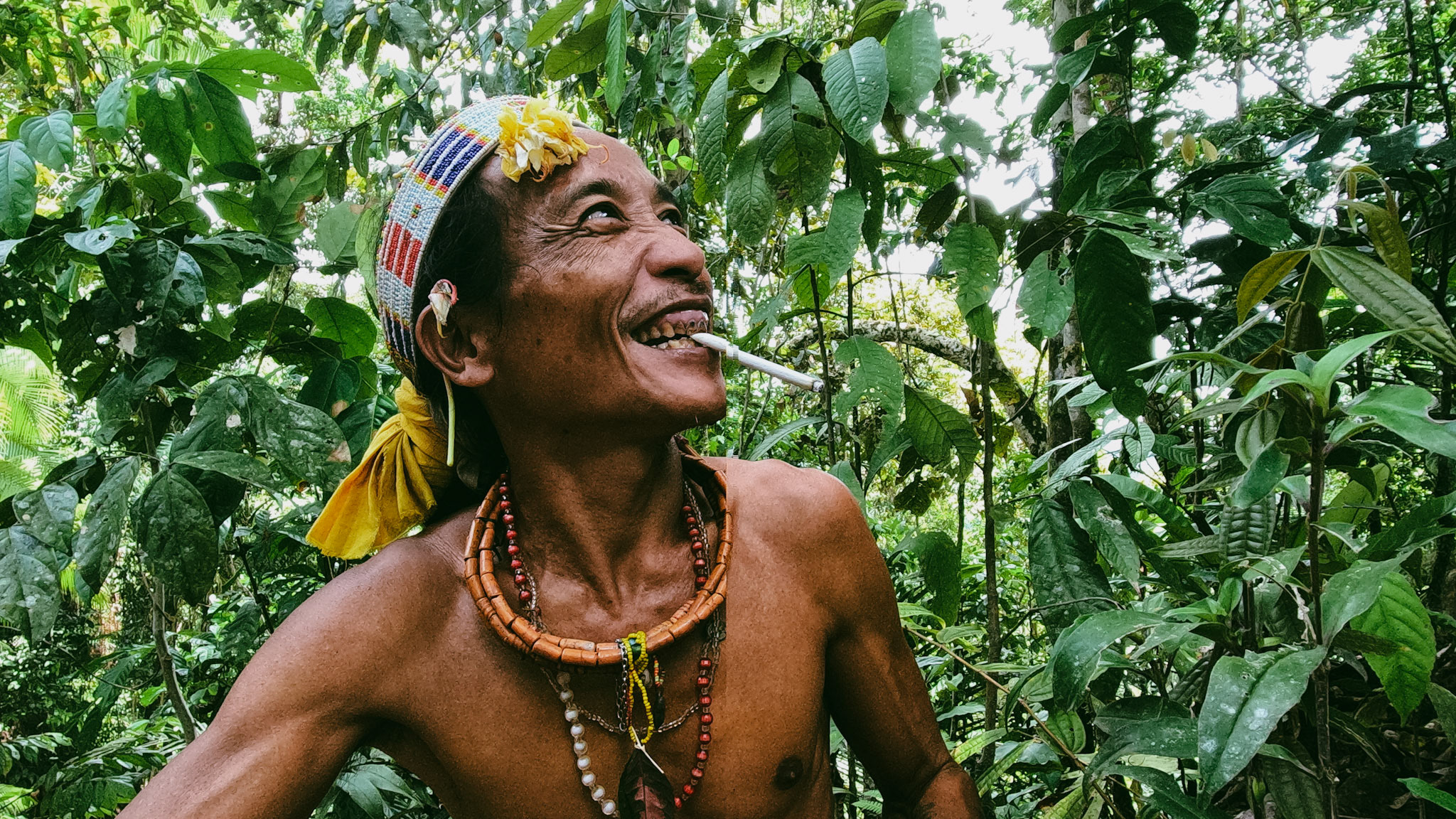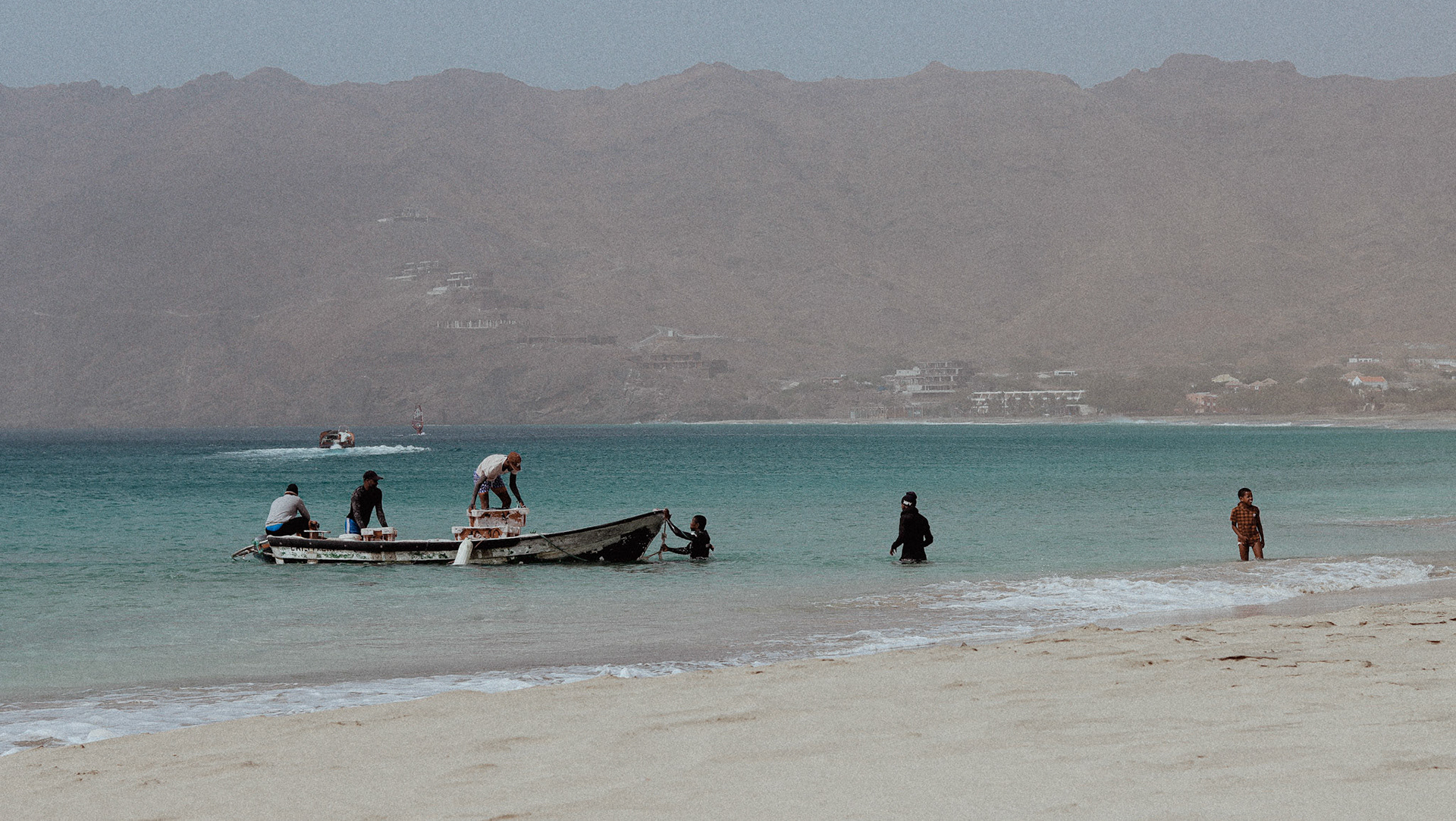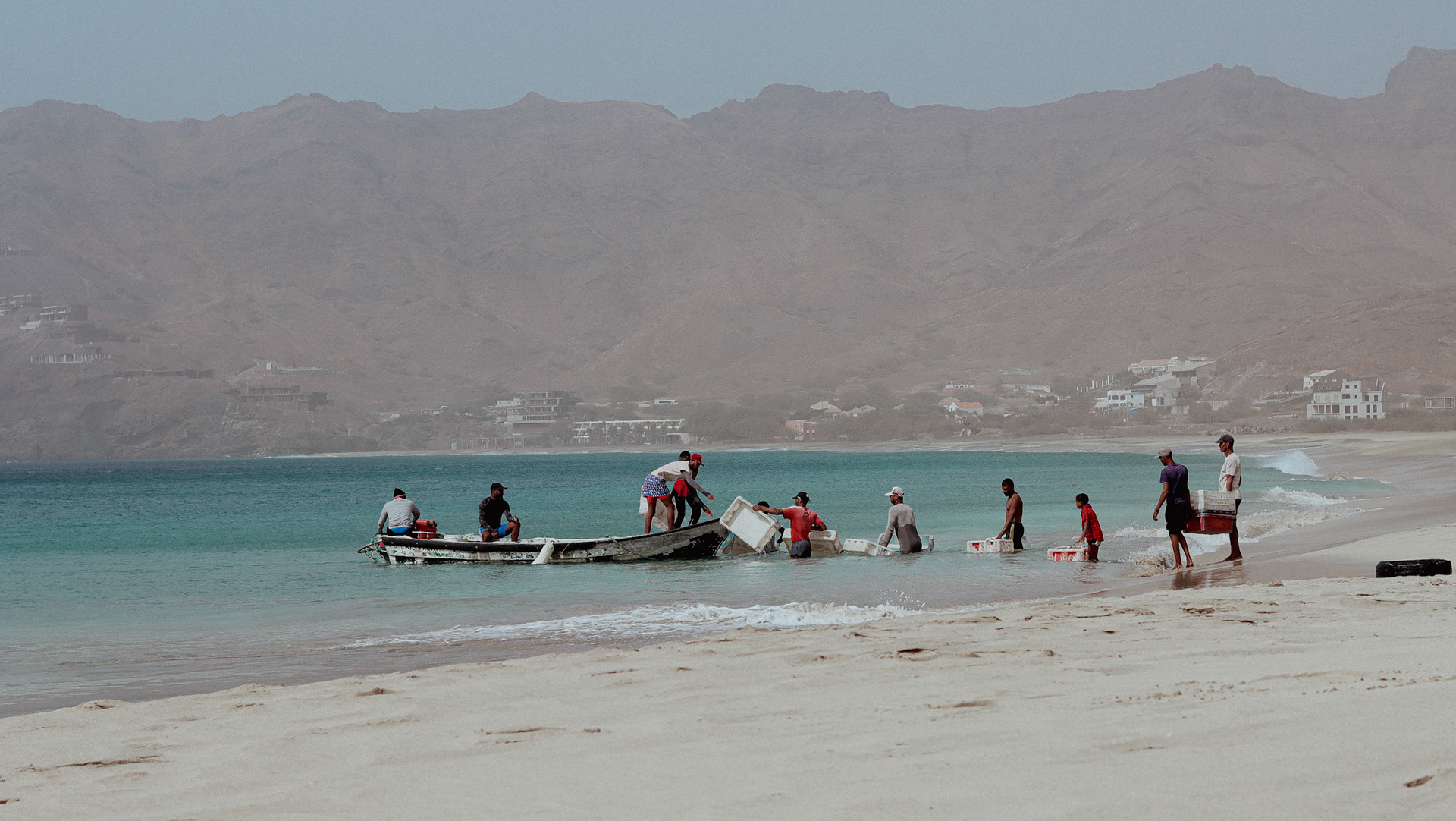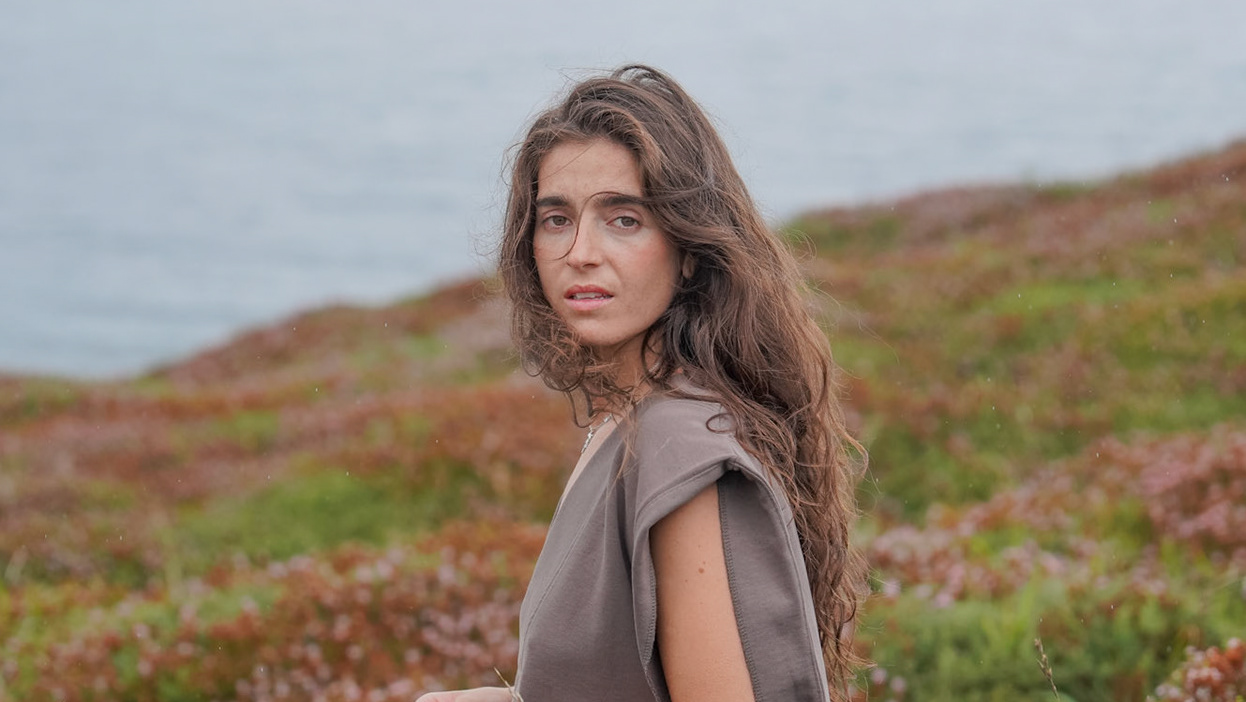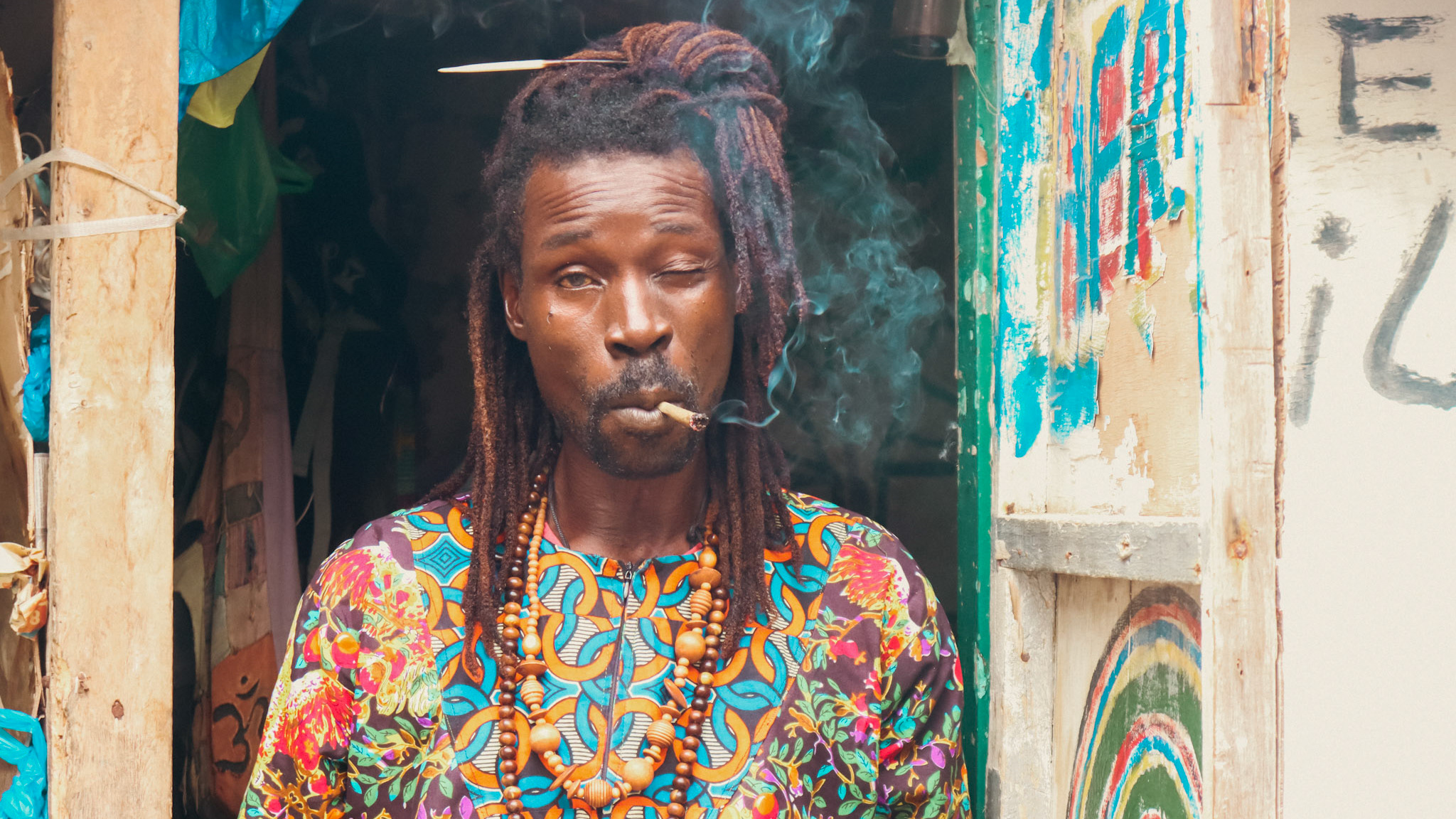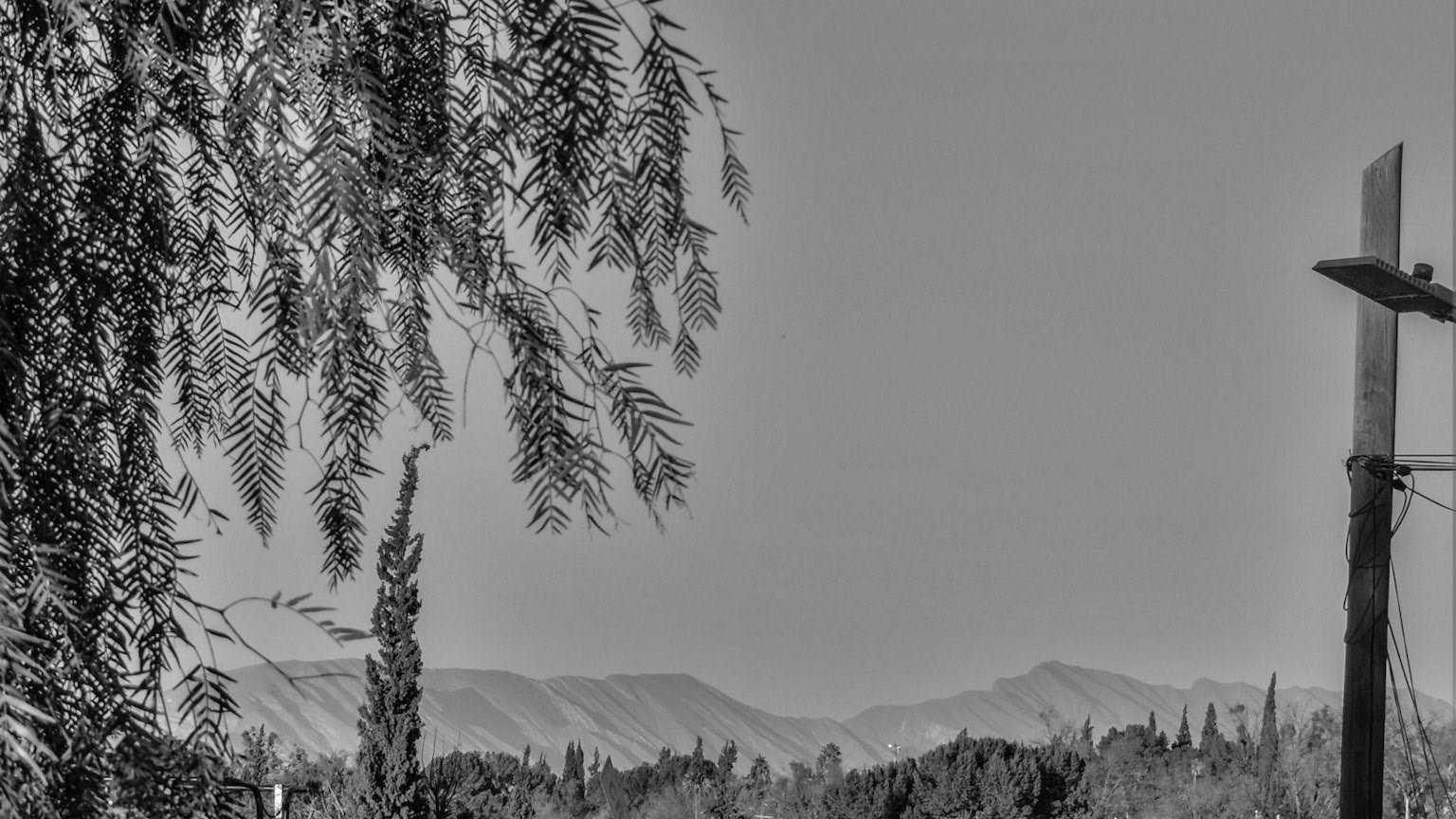This Interview was published in the Spanish magazine "Viento Sur" as it exposed the ongoing situation that cross-border women faced in the city of Ceuta. ( Spanish city in African continent)
In addition, it is part of a great project: "Ceuta city of borders." Promoted by the NGO MAAKUM, to denounce the situation of violence that exists on the Spanish southern border.
In addition, it is part of a great project: "Ceuta city of borders." Promoted by the NGO MAAKUM, to denounce the situation of violence that exists on the Spanish southern border.
MANANA achebane
Ceuta is a Spanish city in the tip of Africa, border to Morocco. This city is known for its multicultural lifestyle where people of different religion and nationalities live in peace.
After covid, On May 16, 2022, Morocco partially reopened -only for Schengen passports- its land borders to Ceuta, closed since March 13, 2020. For a large part of the Ceuta population, the reopening meant the possibility of seeing their relatives in Morocco again. For cross-border workers, it is the continuation of uncertainties about their lives. Until before the pandemic, the Schengen exception allowed workers - the vast majority of whom are women - residing in Tetouan (Morocco) to cross the Spanish border without a visa, only with a passport issued in the province. In addition, many of these workers had a cross-border permit allowing them to work in the city, but obliging them to return each night to sleep in their Tetouanese homes. Neither the permit nor their passports are valid for crossing to the Spanish mainland or to any Schengen territory in Europe.
When the border was closed, many of these women took the courageous decision not to return to their homes and stayed to continue working as domestic workers, as they were the main economic support of their families in Tetouan. Since then they have been facing a situation of flagrant injustice: trapped in Ceuta, unable to go to Morocco or move to the peninsula. During these long months, the collective of cross-border workers has been demonstrating every Monday in front of the Government Delegation to ask for aresisdence permit.
When the border was closed, many of these women took the courageous decision not to return to their homes and stayed to continue working as domestic workers, as they were the main economic support of their families in Tetouan. Since then they have been facing a situation of flagrant injustice: trapped in Ceuta, unable to go to Morocco or move to the peninsula. During these long months, the collective of cross-border workers has been demonstrating every Monday in front of the Government Delegation to ask for aresisdence permit.
It is not yet known if the new conditions that will govern the total opening of the border, announced by the government for May 31, will resolve the situation of cross-border workers, in view of the new requirements and, above all, of situations of irregularity due to the passage of time.
Ceuta is a border city at the gates of the African continent. The border crosses the city physically, as well as the lives of many of the people who live there. In the city of Ceuta, people who find themselves migrating face serious violations of their human rights every day. Violations that are invisible to the Spanish population and go unpunished.
Ceuta is a border city at the gates of the African continent. The border crosses the city physically, as well as the lives of many of the people who live there. In the city of Ceuta, people who find themselves migrating face serious violations of their human rights every day. Violations that are invisible to the Spanish population and go unpunished.
Manana is one of the many cross-border women currently trapped in the city of Ceuta. This interview was conducted as part of a work being carried out by the Maakum organization together with other volunteers. The project "Ceuta, city of borders" is the result of the work of information gathering and analysis carried out in recent months by a large team of committed people. The research carried out will be materialized in a dossier whose main objective is to make visible the reality that defines Ceuta as a border city and the direct consequences that this has on migrants and transmigrants who have passed and pass through the city. It is a work done for us to understand how complex the reality of the city of Ceuta can be and how little information we have about it.
A kilometric fence crosses a quiet neighborhood separating Spain from Africa
Until before Spain entered the EU, in this neighborhood they lived quietly and were all neighbors, from one day to another the fence was built and who yesterday was your neighbor, today was a danger to be protected behind a metal monster.
Sofía Picó: ¿Could you describe how was your life in Morocco before coming to Spain?
Manana Achebane:
I was born in a village in Tetouan and when I was three years old I caught a leg disease, polio, A disease of the muscles.
My parents took me to a family so that they could take care of me, take me to school..., and then it turned out that no, I was there in order to learn how to work and I stayed with them for about six years. When my parents came to see me, I didn't know them anymore. I thought my real parents were the ones I lived with.
When my parents came, I wanted to go back to the village with them, but my father told me no, that it was better that way, that I had to work. I stayed there and moved with another family who lived in Tetuan, in the same city. I stayed eight years working with them.
Eventually I met a woman who worked in the factory and I asked her how I could work in that factory. It was better than working in a house. She told me how I had to do it and so i finally stayed about six years in the factory.
Entré en Ceuta con 25 años y ya desde que entré me puse a buscar trabajo. Según lo que contaban en Marruecos, en Ceuta es mejor, porque te pagan bien. Y en verdad sí, comparado con el trabajo del hogar que hay en Marruecos, aquí cobras bien. Entré y ya me quedé aquí hasta ahora. Ya voy a cumplir 30 años, dentro de tres meses, aquí en Ceuta.
S. P.: When you crossed the border, did you face any challenges?
M. A.: No, back in the days it was easy.No, then it was easy. There were borders, there were guards, the thing is that there were not as Manu people crossing as today . You got into Ceuta easily, there was no line, you just showed your passport and you got in.
S. P.: What does the border mean for you?
M. A.: The border is everything. At least, to be able to cross from Morocco and work here. Because before the border was closed due to covid, my sister, my sister's husband, my nieces..., they all worked here, and now they don't. Now everything tha I earn I have to distribute among four houses. Right now there is no job here in Ceuta.
My older sister and I have a cross-border permit. It is a card with which you can pass without queuing up and you have permission to work in Ceuta. It is given to you by the lady or gentleman of the house where you work.
My older sister and I have a cross-border permit. It is a card with which you can pass without queuing up and you have permission to work in Ceuta. It is given to you by the lady or gentleman of the house where you work.
S. P.: When you walked in for the first time, How was the entry to Ceuta?
M. A.: the first time I went in, there was no merchandise, there was no one. There were no warehouses or anything. I took the bus and went downtown. I went in slowly, there were women taking merchandise, blankets, clothes, shoes, everything. I asked them what was i supposed to do. They told me that we had to take this to morocco, cross the border eith it in our backs.
They gave me a shoebox and showed me how to prepare everything. I took it to the border and gave it to the owner and he gave me my money. I remember they gave me 25 euros, I don't remember what the dirham was. I crossed on foot; the border was not as far as it is now, the cabs were closer. Very close there were stores and everything. At the border there was everything, even a cafe to have a sandwich.
From that day on I started looking for a job here in Ceuta. I found a house, but I only lasted three months because I didn't like it. I found another one where I am now. I've stayed here, even though all my family is there in Morocco.
They gave me a shoebox and showed me how to prepare everything. I took it to the border and gave it to the owner and he gave me my money. I remember they gave me 25 euros, I don't remember what the dirham was. I crossed on foot; the border was not as far as it is now, the cabs were closer. Very close there were stores and everything. At the border there was everything, even a cafe to have a sandwich.
From that day on I started looking for a job here in Ceuta. I found a house, but I only lasted three months because I didn't like it. I found another one where I am now. I've stayed here, even though all my family is there in Morocco.
cROSS BORDER WOMEN WORKING IN CEUTA
SPANISH POLICE PATROLLING THE BORDER
S. P.: ¿How frequently did you visit your family when you were able to cross to
M. A.: I could not use the car all the time because it was too expensive, I went once a month. I would leave on Saturday afternoon and come back on Monday morning. All my life like that.
S. P.: And now, what is the situation?
M. A.: Now a lot of moroccan women are here in Ceuta. We have all stayed here, but we all need to get out of here. I know a woman whose husband and mother died at the same time and she was not able to be there. Her children are left there alone and she can't go out to see them because we can't get out of here. If i leave, i wont be able to come back.
My passport is almost expired, it doesn't have much left, the ID card has expired...
We have to choose between work and family, and if I choose family, then what do we do?
Where can we leave? My permit is already expired. We can't go through Algeciras, we don't have permission to cross on the boat to the spanish mainland. Our passport does not allow it. We need a visa to go, but, of course, where are we going to get a visa, there is nothing.
Our permit is only valid to work in Ceuta, not in the rest of Spain. Many of my colleagues, on top of that, have been left without work after the border closure and unable to return home. Many people don't trust us now, with the covid issue.
We are trapped because we want to go back to see the family. But we want to work, we can't do anything else. We have to choose between work and family and if I choose family, then what do we do? I go home and what do we do there? There is nothing.
That's why we went out to the demonstration to make them listen to us. We ask them to do something
My passport is almost expired, it doesn't have much left, the ID card has expired...
We have to choose between work and family, and if I choose family, then what do we do?
Where can we leave? My permit is already expired. We can't go through Algeciras, we don't have permission to cross on the boat to the spanish mainland. Our passport does not allow it. We need a visa to go, but, of course, where are we going to get a visa, there is nothing.
Our permit is only valid to work in Ceuta, not in the rest of Spain. Many of my colleagues, on top of that, have been left without work after the border closure and unable to return home. Many people don't trust us now, with the covid issue.
We are trapped because we want to go back to see the family. But we want to work, we can't do anything else. We have to choose between work and family and if I choose family, then what do we do? I go home and what do we do there? There is nothing.
That's why we went out to the demonstration to make them listen to us. We ask them to do something
S. P.: ¿What do you ask the Spanish government for?
M. A.: A legal residence in Spain would be good, wouldn't it? To be able to move, if they have another solution, I don't know..., whatever solution.
I just want to see my parents. My mother is sick in bed. I sent a doctor and when he saw how we live he said that it is better to leave her like this because we cannot cover all the money it costs to admit her and operate. She needs surgery on both knees... My mother is losing her mind, crying that she wants to leave....
My sister is also sick, they asked her for 800 euros for each scan, where is she going to get it from? I am the one who helps her with her medication. She has cancer and she needs things, tests and ultrasound scans and that costs a lot.
I just want to see my parents. My mother is sick in bed. I sent a doctor and when he saw how we live he said that it is better to leave her like this because we cannot cover all the money it costs to admit her and operate. She needs surgery on both knees... My mother is losing her mind, crying that she wants to leave....
My sister is also sick, they asked her for 800 euros for each scan, where is she going to get it from? I am the one who helps her with her medication. She has cancer and she needs things, tests and ultrasound scans and that costs a lot.
S. P.: How do women who are living here and do not work make a living?
M. A.: Some of the women who don't have jobs stay with their friends and help each other. Until they find a steady job. That's how they live, what are they going to live on, they help each other and that's it.
S. P.: What would happen if the border opens
M. A.:
if the border opened we could go back, but what if something happens again like covid or whatever, what do we do? We can't stay there. We need a permit stamped by the government to go see family and come back to work.
I thank God that I am working, for me that is a very big thing. If I lose my job, we are left with nothing. Will the people know that in morocco we are hungry and that we cannot pay for medicine or anything else?
Let the people who can help help, let people go to the poorest places and look and knock on doors and see how people live. We always find food, the problem is medication, everything is very expensive. Thank God they have taken out a card to help people to have surgery. Thanks to this card my sister has been operated on, but we still need a scanner, a chemo operation....
Let the people who can help help, let people go to the poorest places and look and knock on doors and see how people live. We always find food, the problem is medication, everything is very expensive. Thank God they have taken out a card to help people to have surgery. Thanks to this card my sister has been operated on, but we still need a scanner, a chemo operation....
Sofía Picó is a human rights lawyer y and is one of the authors of the report " Ceuta, land of borders"
the call to Muslim prayer is heard from a neighborhood in Ceuta, overlooking Morocco.
A CITY WHERE ALL RELIGION CO EXIST IN PEACE
one of the many tributes to Franco's dictatorship that exist in Ceuta.
